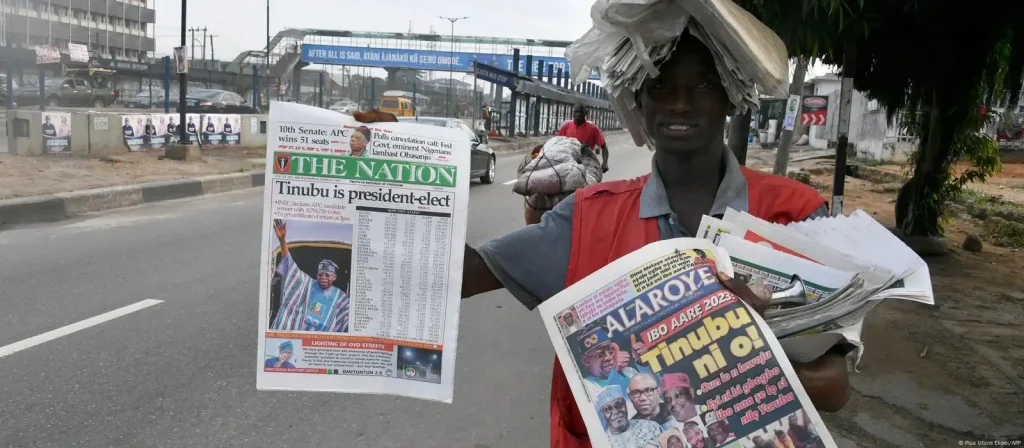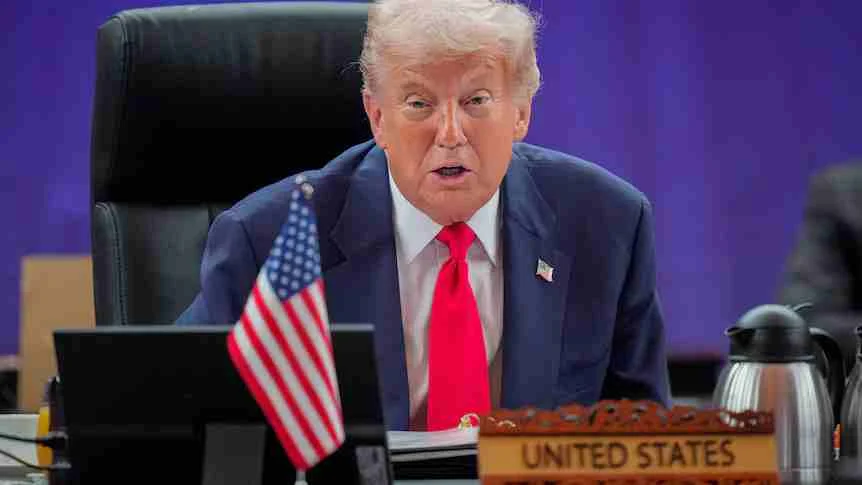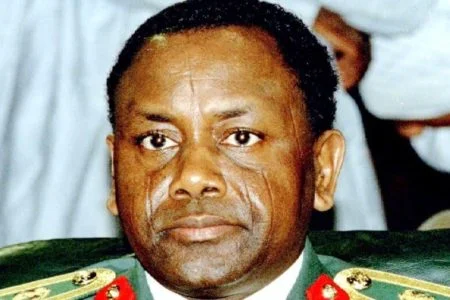On March 8, 2023, Nigeria’s Independent National Electoral Commission (INEC) postponed the governorship and state assembly elections from March 11 to March 18, 2023.
This is to allow more time to back up data from over 176,000 Bimodal Voter Accreditation System (BVAS) devices used in the February 25 presidential election and reconfigure them for the state polls.
The decision followed a court ruling on March 8, 2023, permitting INEC to proceed with reconfiguration after opposition parties demanded access to inspect the devices, alleging widespread tampering in the presidential vote. INEC stated the ruling came too late to meet the original schedule.
Context of the Delay
The BVAS tablets, part of INEC’s new digital accreditation system, verify voter identities through fingerprints and facial recognition and transmit results to a central database and website.
Delays in uploading presidential election results fueled suspicions of vote rigging in favor of Bola Tinubu, the ruling All Progressives Congress (APC) candidate, who won with 37% of the 25 million ballots cast, compared to 29% for Atiku Abubakar (Peoples Democratic Party) and 25% for Peter Obi (Labour Party).
Opposition parties, alleging voter intimidation and polling station delays, are challenging the results, with Abubakar demanding a reversal and Obi claiming victory.
Opposition Demands and Legal Challenges
The opposition’s push to inspect BVAS data stems from concerns over electoral transparency, with a federal appeals court granting access to ballot papers and result sheets.
INEC has committed to providing litigants access to voting materials, with a 21-day window from the February 25 result announcement to file appeals.
The reconfiguration delay underscores logistical challenges in Nigeria’s adoption of new electoral technologies, as highlighted by observer groups criticizing technical glitches in the presidential poll.
Significance of Governorship Elections
The March 18 elections will determine governors for 28 of Nigeria’s 36 states, alongside state house of assembly members, roles critical to regional governance and resource allocation.
Governors wield significant influence, making these polls a flashpoint for political contestation, especially after the contentious presidential election outcome.
Broader Implications
The postponement reflects Nigeria’s struggle to balance electoral modernization with transparency and public trust.
The BVAS system, intended to enhance credibility, has instead amplified disputes, with opposition claims of manipulation highlighting deeper systemic issues.
The delay aims to ensure technical readiness but risks further eroding confidence in INEC if logistical issues persist. The outcome of ongoing legal challenges could shape Nigeria’s electoral landscape ahead of future polls.






